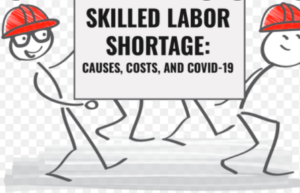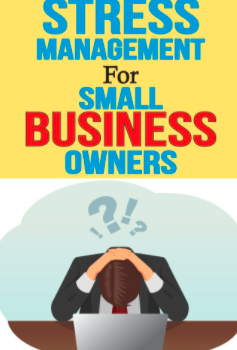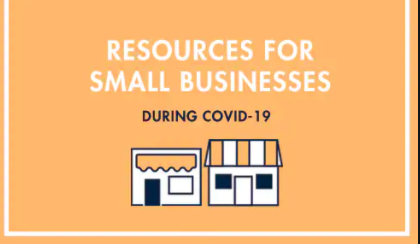Changes In How We Do Business in the Post-Pandemic World
By James Pruitt, Senior Staff Writer
As we’ve gotten the COVID-19 pandemic more under control, we’ve noticed an acceleration of existing changes in business practices. In-house employment is still the norm, and we all still depend on brick-and-mortar stores. However, an escalating trend toward online ways of doing business has become more conspicuous.
Obviously, many businesses simply can’t go online. Imagine if Caterpillar decided to go completely remote when its business relies on producing construction vehicles. Furthermore, imagine life without the local thrift store. Finally, we’ll never forget the trials of the “essential workers” in our local grocery store during the Pandemic.
At the same time, most businesses these days do need some sort of online presence just to establish their legitimacy. Potential clients may not trust a company, even a home business, without an online footprint.
Business owners should always put themselves in their customers’ shoes. We’ve all grown dependent on the Internet and on our phones. That first Google search may give prospects their first taste of the services your company offers. Also, remember that customers expect more now than ever. Some guidelines for new Veteran Small Business Owners might include:
1. Assuming you have a website (which you should), make sure multiple channels are at your prospects’ disposal. Many small business owners don’t want an overwhelming amount of business. However, all small businesses do need a certain degree of marketing.
These days, an Internet search often gives customers the first glimpse of your company’s offerings. Business owners should keep this in mind and consider a “multichannel” approach when possible. “Multichannel” involves multiple routes to contact representatives of your business, whether by phone, chat, or email.
2. Customers now a day are more demanding than ever. We all know the “Karen” phenomenon. Of course, most of these “Karens” (or “Chads”) have been totally out of line. However, most new small business owners often can’t afford the drama of talking back. It’s not fair, but best practice is insulating your business from these kinds of complaints before they occur.
To stay on the safe side, business procedures should go the extra mile to ensure a seamless experience for the customer. Satisfying that demanding customer before an issue arises could save a lot of time, energy, and heartache, as well as lost business. Generally, the best approach is in fact to make sure your product is, for example, perfectly packaged, or that your advertising is absolutely consistent before your product or service enters the stream of commerce.
3. Empathize with the Customer and Remember the Importance of the “Customer Journey.”
Today, the small “corner store” is not behind us. Customer service matters, possibly now more than ever, especially as we emerge from the isolation of the Pandemic. In fact, you can see a revolution in small businesses, since the Internet allows business owners to cater to far more niche groups.
From start to finish, your relationship with your clientele matters. Remember the importance of establishing a friendly relationship. Also, consider getting creative with novel promotions and marketing opportunities. Your company’s charisma should help draw your prospects down a pleasant ride through the “sales funnel.” Smaller companies often can’t afford to come off in the same ways as huge corporations.
In conclusion, a few closing thoughts: Remember these principles still apply to “business-to-business” relationships. Finally, remember that your online presence will show up differently on your phone than on a desktop, so make sure everything shows up effectively on mobile as well as on other media.
Small Veteran Business Owners should never forget traditional customer relations practices. At the same time, entrepreneurs do need to respect the changes to the economy that have only accelerated over the past few years. The Pandemic (or the Internet) hasn’t changed who we are, but both have changed aspects of how we conduct business.
VAMBOA, the Veterans and Military Business Owners Association hope that this article has not only been valuable but provided some unique perspective. We work hard to bring you important, positive, helpful, and timely information and are the “go-to” online venue for Veteran and Military Business Owners. VAMBOA is a non-profit trade association. We do not charge members any dues or fees and members can also use our seal on their collateral and website. If you are not yet a member, you can register here:
https://vamboa.org/member-registration/
We also invite you to check us out on social media too.
Facebook: https://www.facebook.com/vamboa
Twitter: https://twitter.com/VAMBOA
Do not forget that VAMBOA members receive significant discounts on technology needs. Check them out here: https://vamboa.org/dell-technologies/












